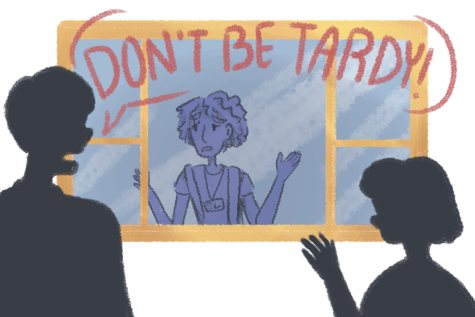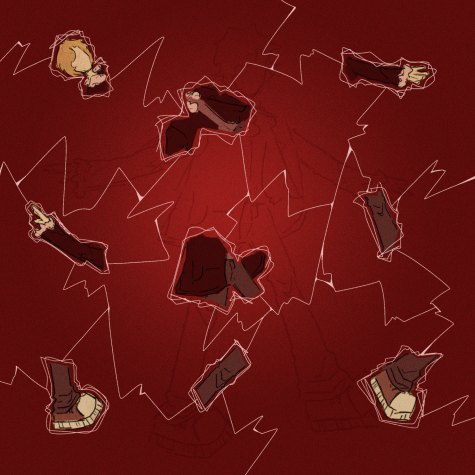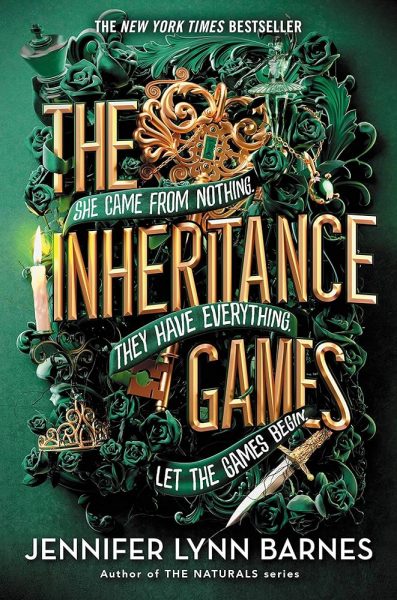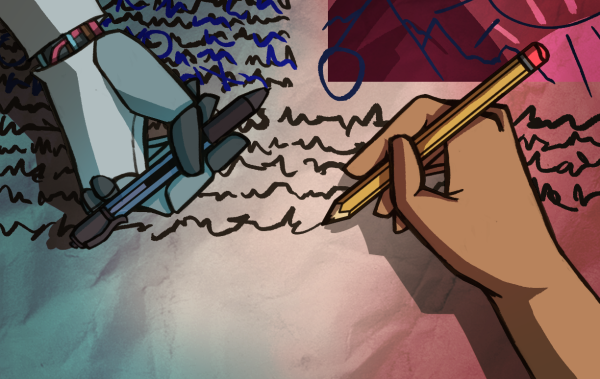Media Review: Chainsaw Man
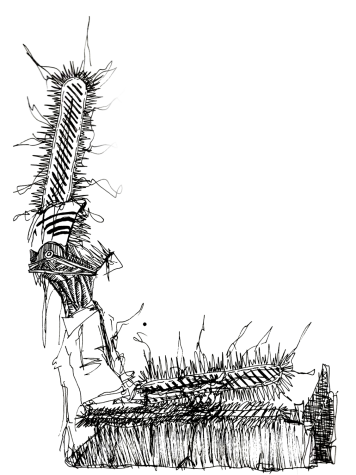
When I first read the shounen manga series Chainsaw Man, I was overwhelmed, but in a good way. While I expected, and enjoyed, the gratuitous violence and absurdity that was advertised, I found more than that. I was pleasantly surprised by the inclusion of a relatable protagonist and well-written side characters that add an emotional flair to the story, especially in such a short and fast-paced narrative.
Chainsaw Man follows a lone 16-year-old boy named Denji who, after making a contract with a dog-like devil named Pochita, gains the ability to transform parts of his body into chainsaws. He is rescued by a mysterious woman named Makima and joins the Public Safety division, an organization dedicated to protecting Japan from devils.
In the world of manga, Denji certainly stands out as a unique protagonist. In many popular manga and anime, the protagonist’s motivations are extremely ambitious, which has the effect of making them more distant from the reader. During an interview with French news channel BFMTV, author Tatsuki Fujimoto was asked about his inspiration for Denji. He said, “Observe the current younger generation…they don’t seek a large income…they want to live a simple life, day by day.” Denji is exactly that: a boy with an ordinary life and straightforward motivations. His only aspirations are to eat jam on his toast and have a girlfriend. While these ambitions change slightly and get a little bigger throughout the series, they remain relatively surface level. In a sense, Denji is an expression of the lowered ambitions of Generation Z compared to other generations, as it faces being forced into an unforgiving world without direction or hope for the future. This aspect makes him relatable in an almost working-class hero type of way, setting him apart from the overzealous protagonists of other anime and making him much more popular with Chainsaw Man’s current audience.
Fujimoto makes sure to never break from the complete sincerity of his story and at a certain point, you realize Chainsaw Man is more about its characters than its action.
Chainsaw Man is able to shine with its supporting characters as well. Fujimoto wrote the story in a way that, while action-packed, makes sure not to sacrifice emotional weight to scenes. Fujimoto makes sure to never break from the complete sincerity of his story and at a certain point, you realize Chainsaw Man is more about its characters than its action. Space is made for the development of not only Denji, but the entire supporting cast. One of the best relationships in the series is the dynamic between Denji’s partner, Power, and Aki, their handler. While Power and Denji begin their journey with polar opposite mentalities in life, they learn over time to stop hating each other and instead become each other’s exception to their rules. Their awkward and messy relationship creates one of the best representations of male-female platonic friendships in manga. Meanwhile, Aki is originally seen as a flat character, with his sole goal being to exact revenge on the devil that killed his family. He is unwillingly assigned to be Power and Denji’s handler, originally not being so enthused as he saw this as a distraction from his main goal. After living and fighting alongside them, however, he grows to realize his care for them, and that he has something to live for other than his self-destructive revenge quest. By the end of the series, I came to realize that these characters aren’t perfectly conventional “good guys” or characters with one-dimensional motives. They’re emotionally stunted individuals, forced to stick together in a cruel world and grow to better their attitude, which is something readers can relate to. You can imagine these characters, crazy as they can get sometimes, as real people with real-world problems.
While I expected Chainsaw Man to be your bog standard action-oriented anime with a little crude humor, I found more than I was looking for. I was pleasantly surprised with the more emotional elements of the story and the way characters’ feelings were prioritized, so much so that they somewhat overshadowed the also really cool action scenes. Overall, I would recommend this series to anyone looking for a breath of fresh air in the shounen genre.

Connor Walsh is a Senior. He likes strategy games, politics, history, hiking and writing. His goal in journalism is to write several media reviews and maybe a feature or profile.
I’m Hugh, a senior that likes to skateboard, take photos and draw. I also like to cook, because I like to eat good food. My drawings are mostly black and white, and I like drawing abstract things.


